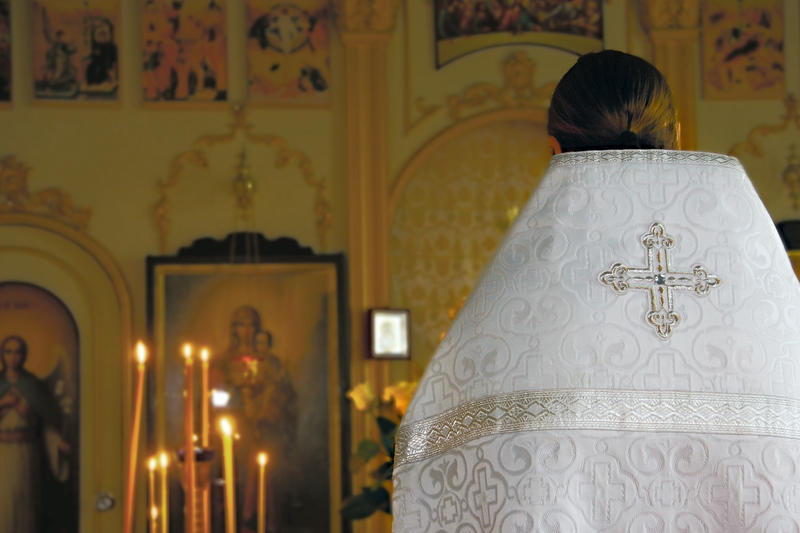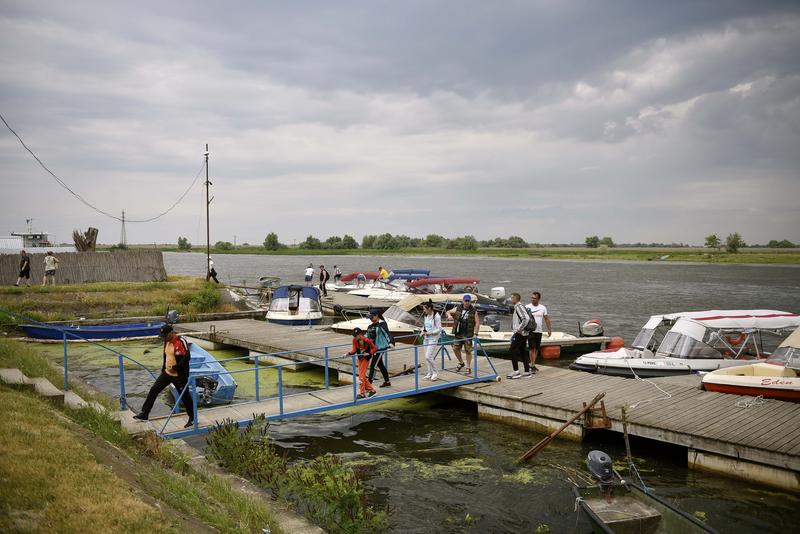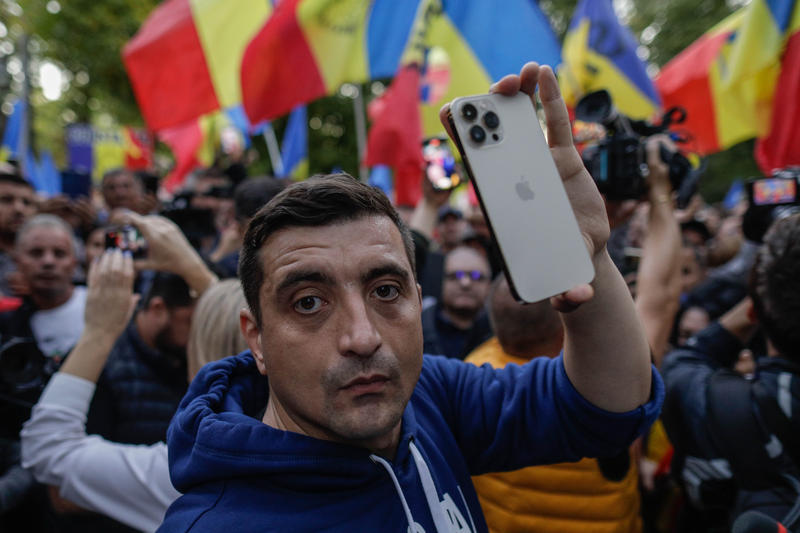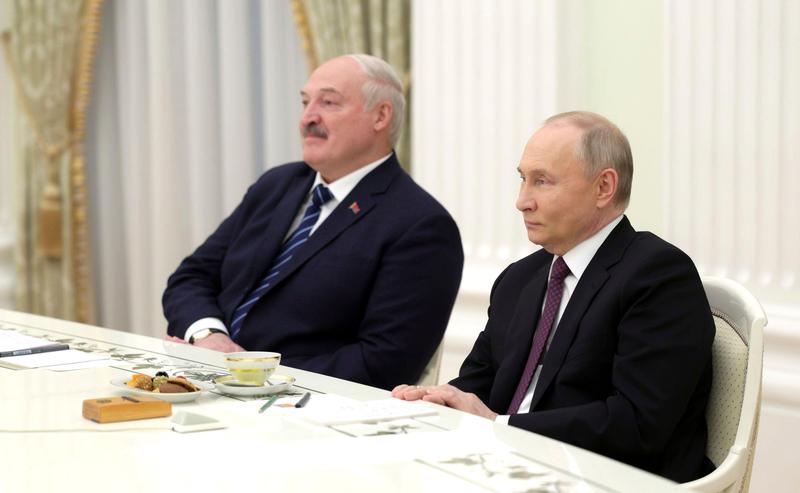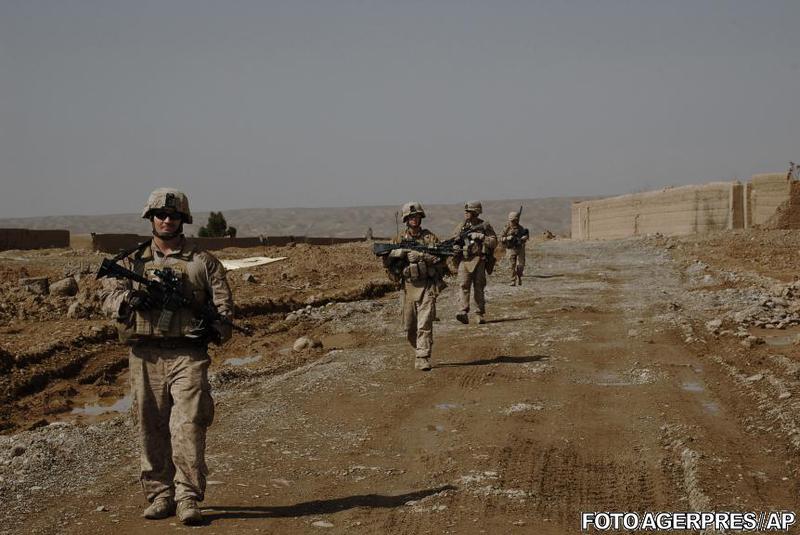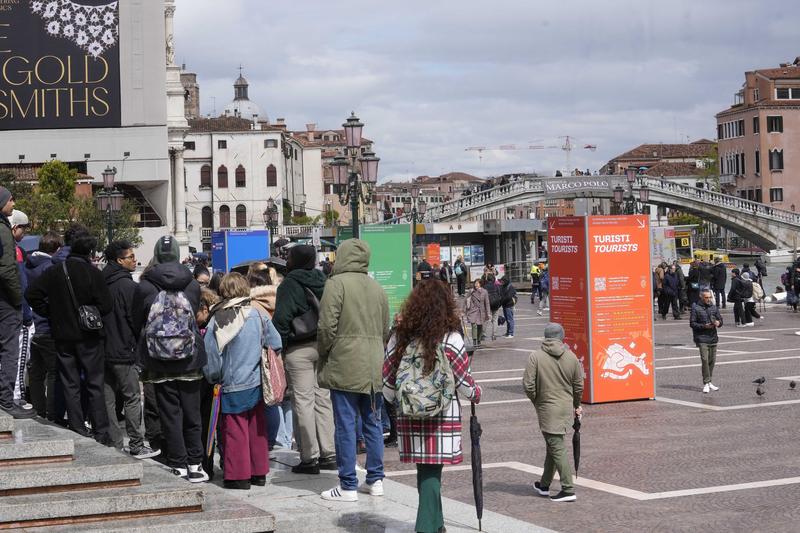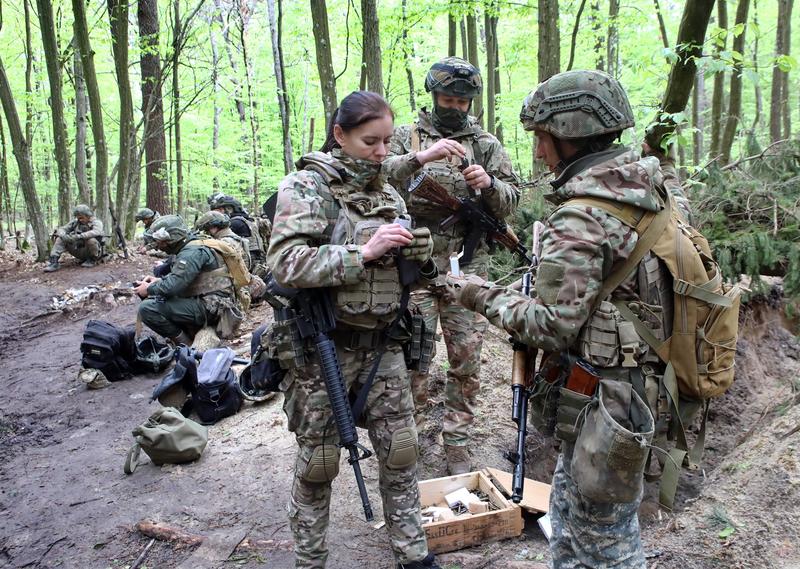The visit South Korean President Roh Moo Hyun paid to Romania this week, the first in the history of the two countries’ bilateral relations, had a deep economic component.
The Korean leader and his Romanian counterpart Traian Basescu discussed about the construction of Units 3 and 4 of the Cernavoda Nuclear Power Plant on the Romanian banks of Danube, for which the Economy Ministry in Bucharest will organize a tender.
Among the 13 parties interested to take part in the works one can note Korean Hydro and Nuclear Power (KHNP), a company for which the Korean President lobbied Traian Basescu. KHNP is a subsidiary of the Korea Electric Power Corp (KEPCO), owned by the Korean state. The stake: a 2 bln euro contract.
During a joint press conference, the two leaders admitted they discussed about the Cernavoda tender, Roh Moo-Hyun announcing that KHNP is willing to join the construction works at the two nuclear reactors.
And President Basescu underlined one of the aces the Koreans have against the other 12 competitors: another Korean company, Datsun, has bought the late IMGB plant in Romania, which may produce some of the necessary components to build nuclear reactors.
Romania affords to evaluate a serious involvement of Korean companies in the project, Basescu said.
The official document presenting the 2 bln euro project, as issued by the Economy Ministry in Bucharest, says the construction works at the two reactors started in the eighties, but were stopped in 1992 as the authorities of the time wanted to focus on works at Units 1 and 2 of the Cernavoda Plant.
All four reactors follow the Canadian pattern CANDU 6 so there is no need for a possible change of model.
The 13 competitors are: Alro Slatina, Electrica Bucharest, ENEL, E.ON Energie, Electrabel, Iberdrola, RWE Power, AES Corporation, the TESS Conex-ASAM-Iasi group, the Ansaldo (Italy) - AECL (Canada) group, Gabriel Resources Canada, the Unit Investments Luxemburg - Dogan Enerji Yatirimlari/Dogus Holding consortium and KHNP (South Korea).
The tender will be especially difficult as all the major competitors, including ENEL, E.ON and Ibedrola, are supported by their national authorities.
Energy market analyst Catalin Dimofte has told HotNews.ro that a victory for the Korean company would not be a big surprise. “The Koreans and the Chinese have an extraordinary expertise when it comes to the construction and maintenance works at CANDU-type reactors”, he says.
For Romania, the stake of building the two new units is related to the need of a higher energy independence. The Cernavoda plant currently provides 10% of the domestic electricity need and the introduction of two new reactors would rise the percentage to 40%.

